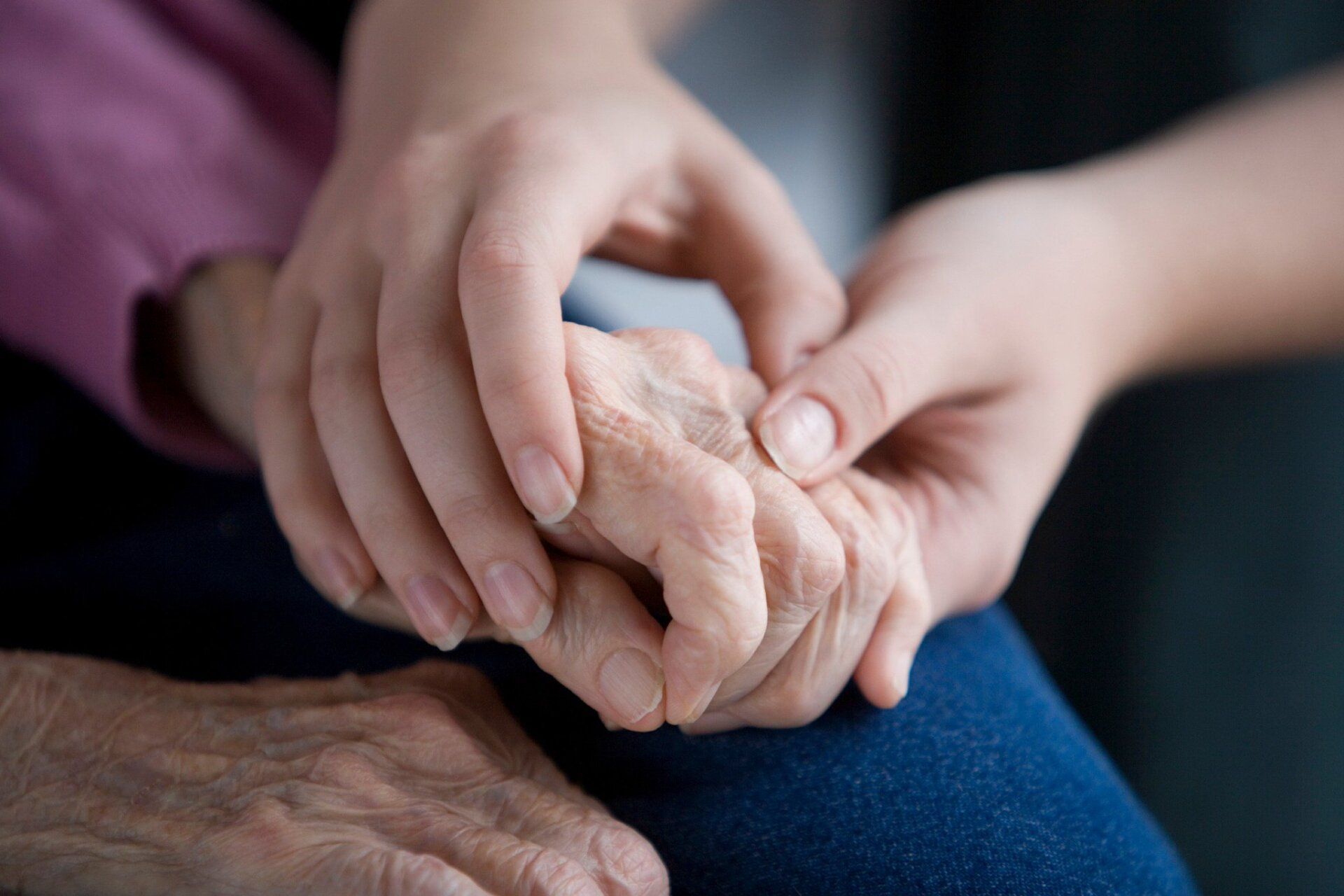Resources
When Death Occurs
Immediately following the death of a loved one, there are many decisions that must be made. At this time, you may find your emotions are heightened, and for that reason it is a good idea to ask for help in making all the decisions and arrangements. Additionally, the funeral home’s staff is eager to assist you and the family in making the best decisions possible. This information can help guide you and your family through the process.
Contact The Proper Authorities
Before any arrangements and decisions can be made, a legal pronouncement of death must be declared. If your loved one passes on inside of a medical or nursing facility like a hospital or nursing home, the staff will handle getting this declaration made. If the death of your loved one occurs at home, you need to immediately contact the local emergency officials to come and take them to a hospital where they can be legally declared. Family members who pass on under hospice care can be declared by the hospice staff. This legal declaration must be made before the family can proceed with making any funeral arrangements or handling any legal affairs.
Begin To Make Arrangements
Once your loved one has been declared dead you and your family can proceed with making any type of funeral arrangements. Your loved one may have pre-planned any type of services, and you and your family should first look into those choices. If your loved one has not made any previous type of arrangements, and you have decided on which funeral home you would like to use for the services, you will contact them and meet with the funeral director and begin discussing options.
During this time, if the deceased hasn’t made their final wishes known, the family will need to decide if they will bury or cremate the body, and what type of service should be held. These decisions include the time, date and location of any service; what type of casket or urn your loved one needs; drafting an obituary notice; deciding on pallbearers; and make any decisions about the specifics of the service like who the minister will be, what music will be played and who will speak.
As part of the process to begin making the funeral arrangements, if the deceased was active or retired military, contact the Veterans Administration to determine if they offer any death benefits or service options.
Information Funeral Directors May Need
Once you have met the funeral director, they will advise you on any information or paperwork they need for the death certificate or to proceed with making final arrangements.
Information Required:
- Full name and address
- Marital status
- Race/Ethnicity
- Date and city of birth
- Highest level of education
- Father’s name, mother’s maiden name
- Name of spouse
- Occupation and employer
Documents Funeral Directors May Need
Funeral directors will need important documents to complete any legal paperwork. These documents include:
- Account statements
- Beneficiary designations
- Life insurance policies
- Military discharge papers (form DD 214)
- Social Security number
Taking Care Of Personal Property
Following the death of your loved one, there are few things you need to attend to involving the deceased’s personal life. First, secure your loved one’s property. Make sure their home and vehicle are properly secure. If your loved one has a pet, make the necessary arrangements for the pet to be taken care of by family or friends. Any mail that comes to your loved one should be forwarded to a family member that plans to handle the deceased’s estate. Any mail that piles up at a vacant home only alarms potential intruders that a home is empty. Make sure to contact the deceased’s boss and inform them of the death. If your loved one had any upcoming appointments, make contact to notify them about the death and to cancel the appointment.
Click on the questions below to reveal each respective answer.



